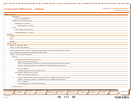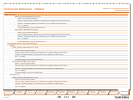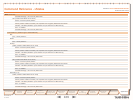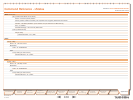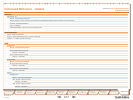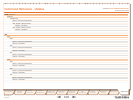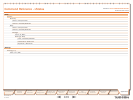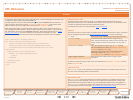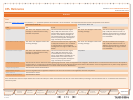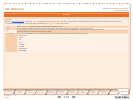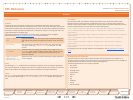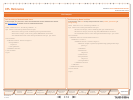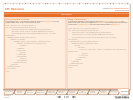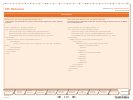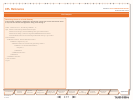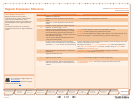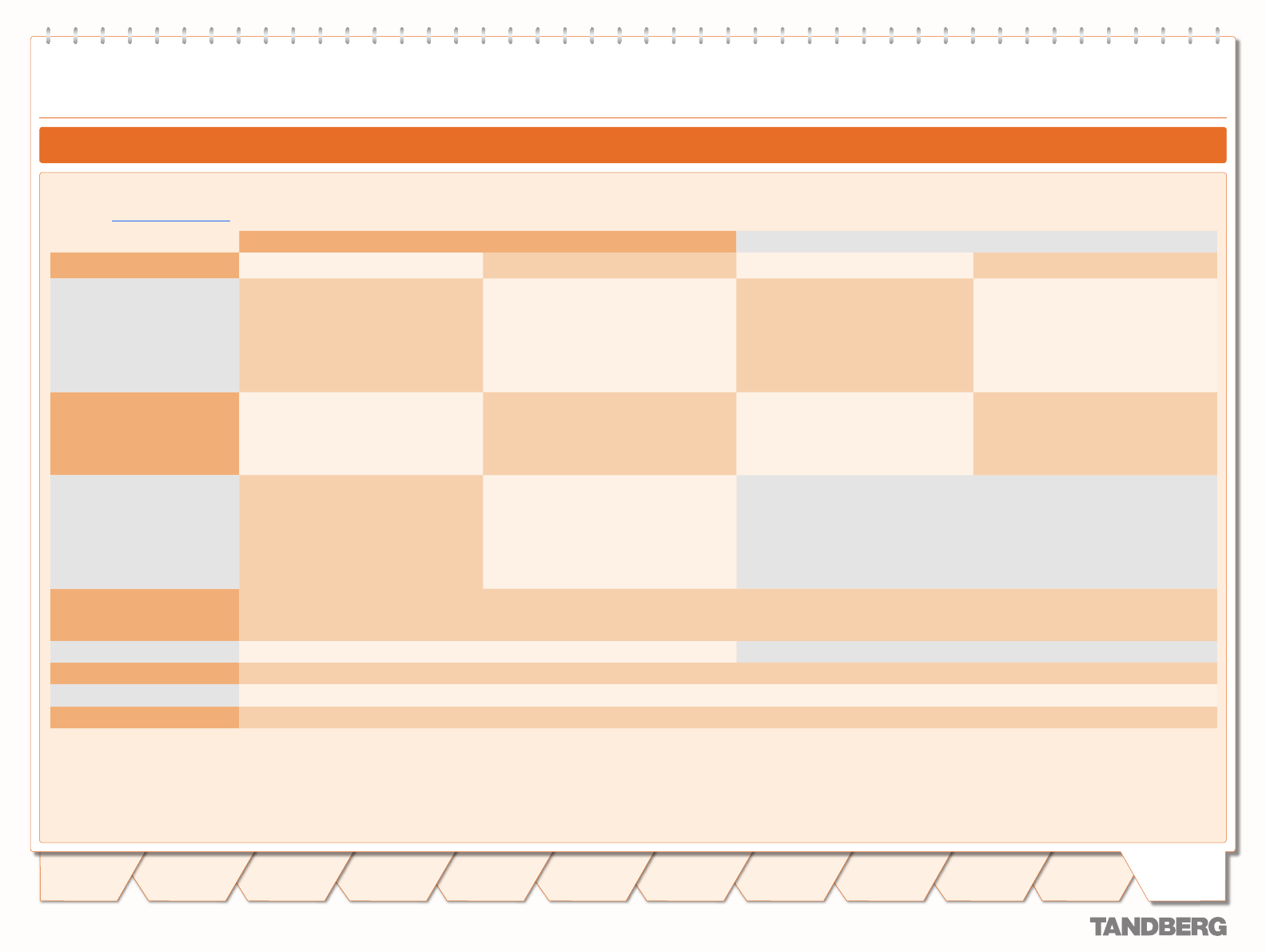
D 14049.01
07.2007
171
TANDBERG VIDEO COMMUNICATION SERVER
ADMINISTRATOR GUIDE
Text goes here
Introduction
Getting
Started
System
Overview
System
Configuration
H.323 & SIP
Configuration
Registration
Control
Zones and
Neighbors
Call
Processing
Firewall
Traversal
Bandwidth
Control
Maintenance
Appendices
TANDBERG VIDEO COMMUNICATION SERVER
ADMINISTRATOR GUIDE
Appendices
Field
Within the address-switch node, the mandatory field parameter specifies which address is to be considered. The supported attributes and their interpretation are as follows:
Authentication Mode: On Authentication Mode: Off
Field SIP H.323 SIP H.323
origin
The “From” and “ReplyTo” fields of the
message if it authenticated correctly,
otherwise not-present.
The source aliases from the original
LRQ or ARQ that started the call if it
authenticated correctly otherwise not-
present. Since SETUP messages are
not authenticated if we receive a setup
without a preceding RAS message the
origin will always be not-present.
The “From” and “ReplyTo” fields of the
incoming message.
The source aliases from the original
LRQ or ARQ that started the call. If a
SETUP is received without a preceding
RAS message then the origin is taken
from the SETUP.
unauthenticated-origin
The “From” and “ReplyTo” fields of the
incoming message.
The source aliases from the original LRQ
or ARQ that started the call. If a SETUP
is received without a preceding RAS
message then the origin is taken from the
SETUP.
The “From” and “ReplyTo” fields of the
incoming message.
The source aliases from the original
LRQ or ARQ that started the call. If a
SETUP is received without a preceding
RAS message then the origin is taken
from the SETUP.
authenticated-origin
The “From” and “ReplyTo” fields of the
message if it authenticated correctly,
otherwise not-present.
The source aliases from the original
LRQ or ARQ that started the call if
it authenticated correctly otherwise
empty. Since SETUP messages are not
authenticated if we receive a setup
without a preceding RAS message the
origin will always be not-present.
not-present
originating-zone
The name of the zone or subzone for the originating leg of the call. If the call originates from a Neighbor, Traversal Server or Traversal Client zone then this will equate to
the zone name. If it comes from an endpoint within one of the local subzones this will be the name of the subzone. If the call originates from any other locally registered
endpoint this will be “DefaultSubZone”. In all other cases this will be “DefaultZone”.
originating-user
The username used for authentication. not-present
registered-origin
If the call originates from a registered endpoint this is the list of all aliases it has registered, otherwise not-present.
destination
The destination aliases.
original-destination
The destination aliases.
If the selected field contains multiple aliases then the VCS will attempt to match each address node with all of the aliases before proceeding to the next address node i.e. an address node matches if it
matches any alias.
CPL Reference
Overview



